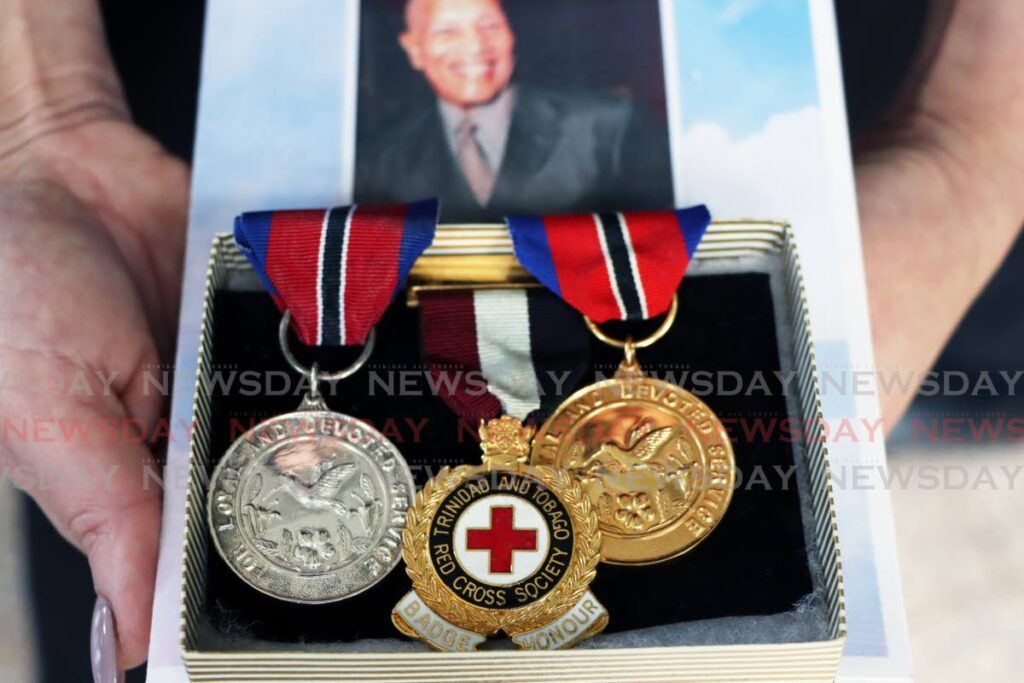First-class journalist

“I hope for the best but I’m afraid, Mr Babb. I fear the worst.”
Those were the candid words of Dr Eric Williams. The occasion was an interview he granted in January 1975 to a newspaper reporter. Dr Williams believed the US was planning to wage war in the Caribbean. Newly independent states had challenged the balance of power at the UN.
The Americans took note. In a confidential dispatch from the US Embassy, Port of Spain, to Washington, DC, that month, officials stated the accuracy of the quotes in the interview was probably “without question.”
Such was the reputation of John Babb, Newsday’s founding father who died last week at the age of 91 and who was laid to rest on August 8.
No account of this country’s history, and the views of its first prime minister, particularly as it relates to the press, can be complete without reference to him given that no others were able to get private interviews with Dr Williams during his long reign.
It was a poisoned chalice. Mr Babb, then at the Trinidad Guardian, faced criticism from others who felt he was simply Dr Williams’ stenographer. Yet, it was not Mr Babb who chose Dr Williams, but Dr Williams who chose Mr Babb.
The highly idiosyncratic PM, who would hang up the phone whenever he got calls from ordinary journalists, was known for his secrecy and distrust. Given the atmosphere of fear that attended the premier, Mr Babb, versed in Pitman’s shorthand, did the country a service.
His legacy is that he embodied the difficulties and professional risks involved – then and now – in covering politics. He also took court reporting to new levels. He was twice the recipient of a national award, in 1994 and in 2012.
But Mr Babb’s contribution was not only to the history books.
If his unusual relationship with Dr Williams defines the first chapter of his career, his 1993 decision to join Therese Mills and serve under her leadership at Newsday defines the second.
In that chapter, he became the epitome of what it means to be committed to journalism as a life-long vocation and to thereby contribute to one’s country.
Mr Babb worked tirelessly at the Port of Spain Gazette, the Trinidad Mirror, the Guardian and even had a stint in Canada. Of the latter, he once remarked, “When I am in Canada, I am a second-class citizen. In Trinidad, I am a first-class citizen.”
Those first-class credentials were on full display in the newsroom. He was able to correct cub reporters with good humour. However, his lessons were not only about syntax. Right up to retiring in 2016, he supplied invaluable insight and inspiration.
In all these ways, he lives on.

Comments
"First-class journalist"